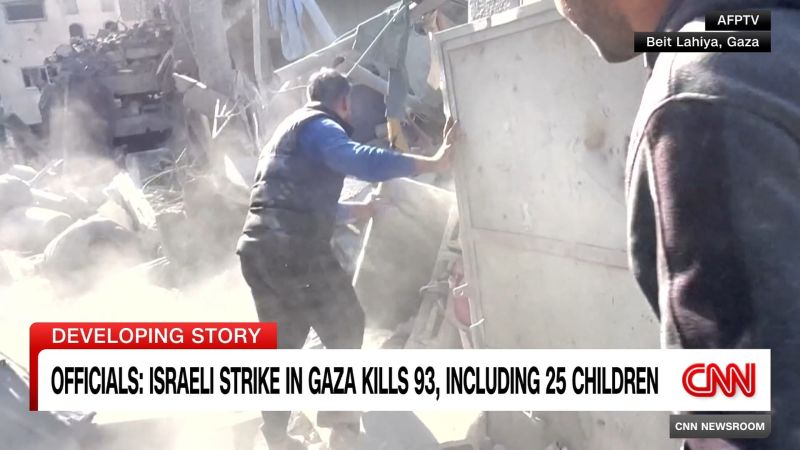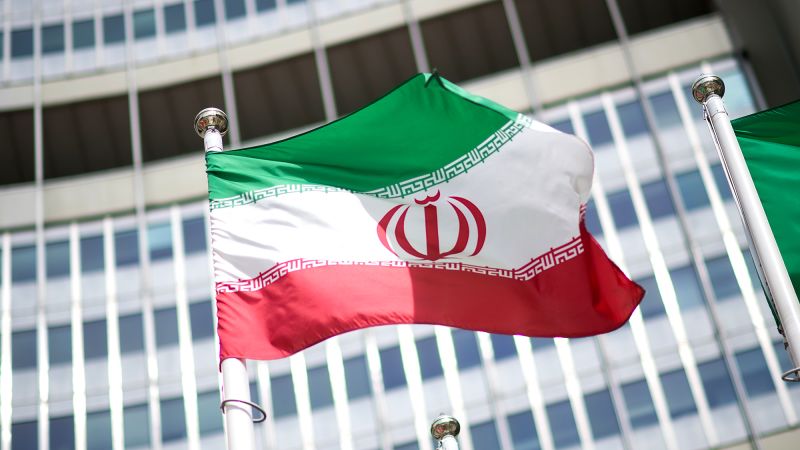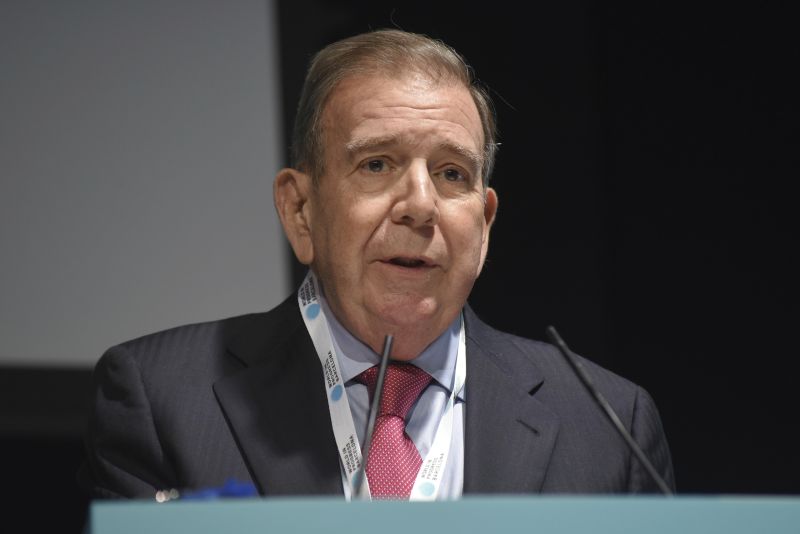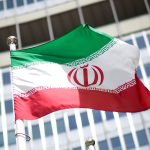Israel’s military leaders signal their work in Gaza and Lebanon is done. Will Netanyahu listen?
October 31, 2024
In subtle but increasingly vocal ways, Israel’s military leaders are signaling that the country has achieved all it can militarily in Lebanon and Gaza, and it’s time for the politicians to strike a deal.
It comes as Lebanon’s prime minister says that a ceasefire between Hezbollah and Israel could be imminent. Both candidates for the American presidency have also made clear they do not want wars in Gaza and Lebanon to be on the agenda when they take office.
When the Israel Defense Forces’ top general sat down with officers in northern Gaza – who are waging one of the military’s fiercest operations since last year’s invasion – he went further than ever in suggesting the military phases of both conflicts should end.
“In the north, there’s a possibility of reaching a sharp conclusion,” Herzi Halevi, Chief of the General Staff, said, referring to the war against Hezbollah in Lebanon. In Gaza, he said, “if we take out the northern Gaza Brigade commander, it’s another collapse…. I don’t know what we’ll encounter tomorrow, but this pressure brings us closer to more achievements.”
What those achievements should be is the subject of much consternation.
Israeli Prime Minister Benjamin Netanyahu has repeatedly pledged “absolute victory.” His defense minister and longtime political tormentor Yoav Gallant has bristled at that goal. In August, he told a closed-door parliamentary committee meeting that the idea of “absolute victory” in Gaza was “nonsense,” according to Israeli media.
Gallant’s dim view of Netanyahu’s war goal was made official when earlier this week he reportedly sent a private memo to the prime minister and the rest of his cabinet saying that the war had lost its way.
In Gaza, he wrote, Israel should ensure the release of the remaining hostages, make sure there is no military threat from Hamas, and promote civilian rule. That’s a far cry from the existing, maximalist war aim of eliminating Hamas’ military and governance capabilities.
Lebanon’s caretaker Prime Minister Najib Mikati said Wednesday he was optimistic for a potential Hezbollah-Israel ceasefire to be struck “within the next few hours or days,” after speaking with US envoy Amos Hochstein, who arrived in the region on Thursday.
Israel has for the past month carried out a massive, country-wide bombing campaign in Lebanon, and killed Hezbollah’s elusive leader, Hassan Nasrallah. In his interview, Mikati indicated that Hezbollah is no longer insisting that its conflict with Israel will only cease once the war in Gaza ends. That would allow it to accept a ceasefire without an end to the Gaza campaign.
Gallant has said Hamas and Hezbollah have now been rendered totally ineffective as Iranian proxies.
“These two organizations, Hamas and Hezbollah, that were groomed for years as a long arm against the State of Israel, are no longer an effective tool in the hands of Iran,” Gallant said during a memorial service on Sunday. “We know that some goals cannot be achieved by military action alone, and thus, we must honor our moral obligations to bring our captives home, despite the painful compromises involved.”
And yet Netanyahu has remained defiant. When the Knesset, Israel’s parliament, returned from recess this week, the prime minister seemed to repeat his maximalist goal, and indicated he was unlikely to accept a conclusion anytime soon: “The absolute victory is an orderly and consistent work plan that we fulfill step by step,” he said.









